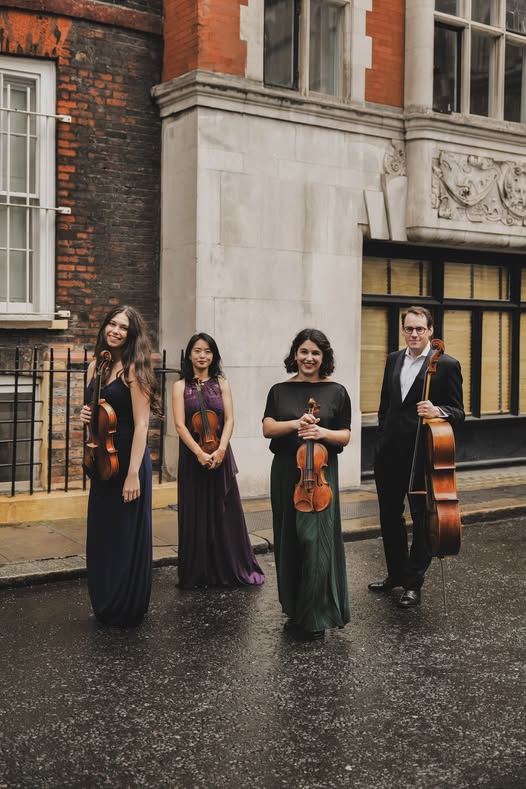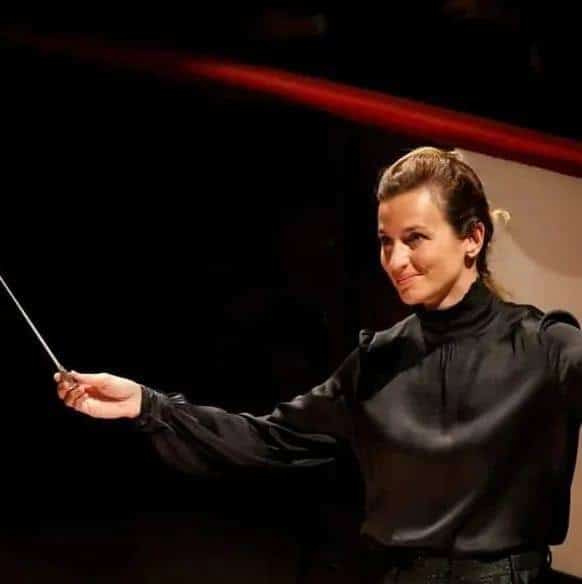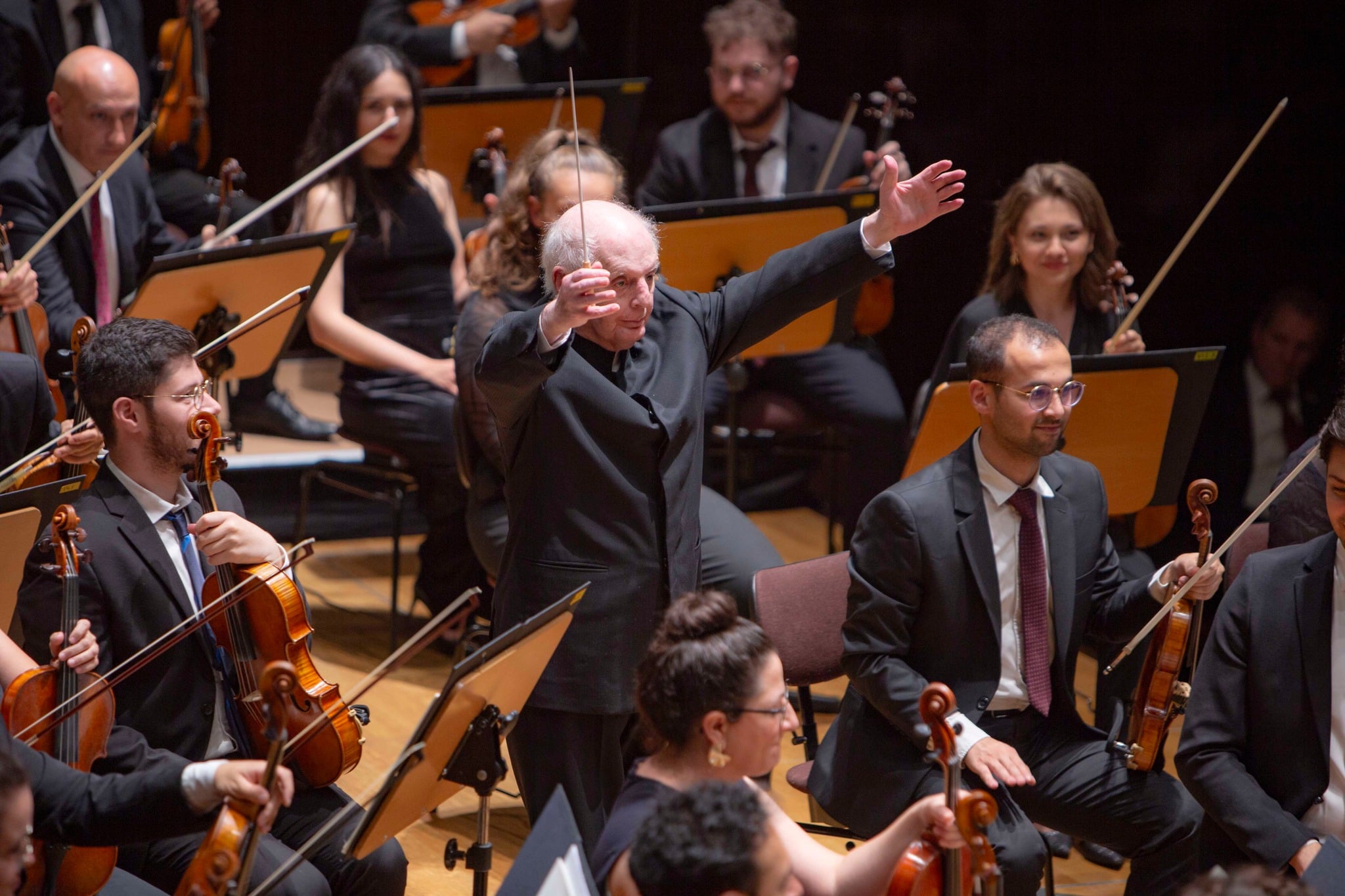Schiff runs aground
mainA number of people walked out of Andras Schiff’s lecture-recital on Haydn at the Wigmore Hall on Friday night, so I’m told.
The erudite Hungarian pianist is in the chrysallis stage of morphing from concert artist to public intellectual, a transition last successfully achieved by Alfred Brendel.
Schiff’s 2006 Beethoven lecture recital was received with rapture by the editor of the Guardian newspaper, himself an avid pianist, and his residence at the Wigmore is one of the hall’s outstanding trademarks.
So why did people walk out when Schiff was at full steam? Apparently, it had something to do with the language he used. One young person was heard asking an usher what was meant by ‘tonic and dominant tonal relationships’. Others were visibly puzzled by such helpful advisories as ‘moving to the minor chord with the altered 5th’.
Musicians in the hall knew exactly what he meant. These are terms they assimilated in first-year college and use among themselves as shorthand, in the way heart surgeons refer to capillaries by letters and numbers. In an academic lecture, these terms would have been perfectly in place. But in a public presentation they sundered those in the know from those without and alienated the curious beyond risk of return. What was intended by the hall as an educational venture achieved the very opposite function.
Musical terminology is often clumsy and seldom irreplaceable. Most things that are done in music can be expressed in words that an unprepared audience will understand. There are plenty of artists who welcome listeners pithily into their world and plenty of critics and writers who advance the process of communication by avoiding technical jargon.
I don’t want to single out Andras Schiff as an antedeluvian elitist. He is pursuing an honourable path of enlightenment in the language he knows best. But Schiff should remember that if he invites the public through the door he should speak to them in expressions and metaphors they can readily understand. Using shorthand may be handy among friends, but it always makes strangers feel unwanted.





If Andras Schiff would take these wonderful ideas and put them into the form of lecture/recital and commit them to dvd recordings, can you imagine that he would make alot of money? I am sure there are many fans who would be excited to make the purchases. Why limit himself to a one-time recital? As for the theoretical inclusions, it brings me back to 1988, when I spent two hours in the home of the legendary Lucille Ball. We discussed communicating to audiences, and Lucy suggested I talk with my audiences and bring myself closer to them in a personal way, so they feel who I am and what I do more intimately. I am sure she meant that the communication would require my utilizing language that is understandable to the audience as a whole. I have always remembered this–and the use of language depends a great deal on where the performance is, and I always look around before the performance to see who is walking through the concert hall, and then guage my speech accordingly.
One has to wonder quite what those who walked out were expecting. They may not have understood everything, but it’s a shame they couldn’t find something of interest which might spur them find out more. Surely Schiff has a right to expect some level knowledge from an audience for such a lecture. If he had to explain ‘tonic and dominant tonal relationships’ each time, he wouldn’t get very far.
Perhaps if they had stayed, maybe even asked questions, the audience members that left may have learned something.
Surely that’s the whole point of going to lectures, you know, to learn.
The lecture was at 2.00pm on Friday afternoon, and I was at it.
Schiff spoke wonderfully and meaningfully even to me as an amateur; I left because there was a long unscheduled break due to an audience medical emergency about an hour in, and knowing that Schiff can talk for a very long time I knew if I did not leave at that point I would end up missing a vital meeting at 4.30pm.
That said, I do think his lectures on Beethoven were better; there just seems less of substance to say about Haydn.